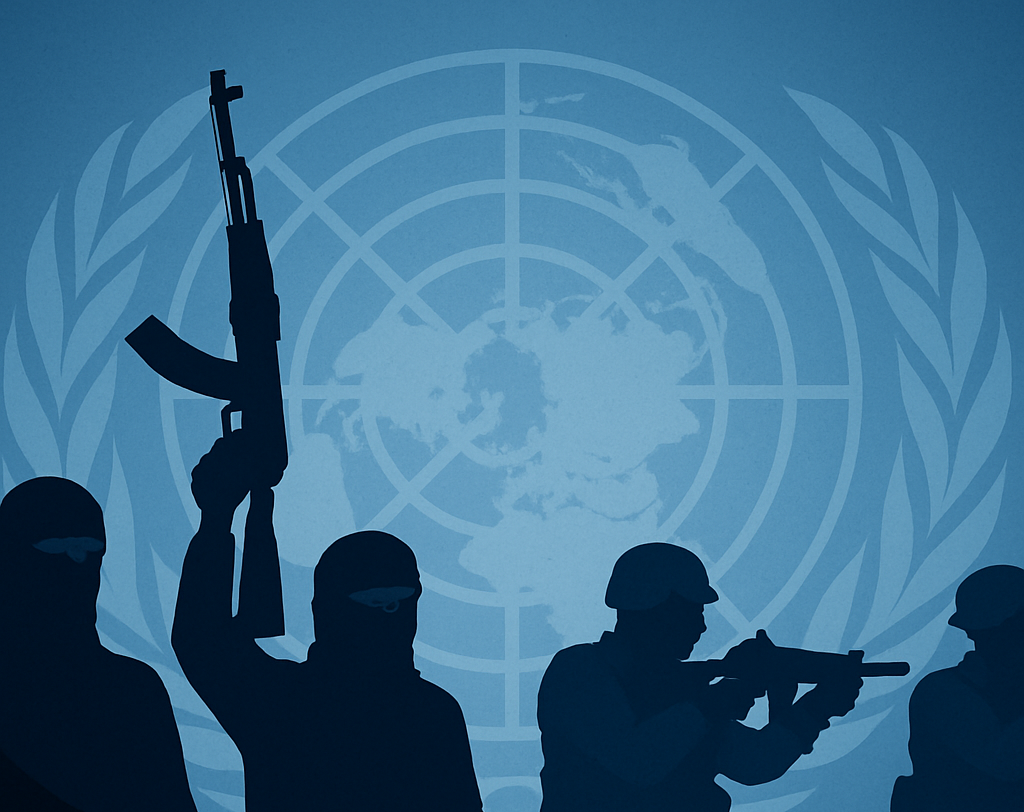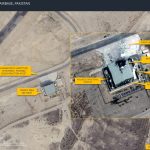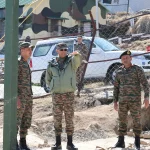In a high-stakes diplomatic offensive, India is set to present new evidence of Pakistan’s alleged involvement in cross-border terrorism at the United Nations Security Council (UNSC) next week. The move follows the April 22 terror attack in Pahalgam, Kashmir, which killed 26 people—including several tourists—and has been attributed to The Resistance Front (TRF), a group India claims operates as a proxy of the Pakistan-based Lashkar-e-Taiba (LeT).
According to government sources, India’s case will be presented before the UNSC’s 1267 Sanctions Committee, which oversees international sanctions against individuals and entities linked to Al Qaeda, ISIS, and associated terror organizations. The upcoming session marks a renewed effort by India to hold Pakistan accountable on a global platform for what it describes as state-sponsored terrorism.
The Pahalgam attack is the deadliest targeting tourists in the region since 2000 and has escalated tensions between the nuclear-armed neighbours. Indian intelligence officials have identified four perpetrators, including two Pakistani nationals, in connection with the incident. Pakistan, however, has denied any involvement and insists that TRF is a local “forum,” not a terrorist entity.
On April 30, Pakistan’s Foreign Minister Ishaq Dar claimed that Islamabad, currently a non-permanent UNSC member, succeeded in lobbying the Council to omit any reference to TRF from a U.S.-drafted statement condemning the attack. This diplomatic manoeuvre was met with sharp criticism from New Delhi, which views it as a deliberate attempt to shield terror groups operating from Pakistani soil.
India’s diplomatic push also coincides with mounting concerns over Pakistan’s recent financial assistance from the International Monetary Fund (IMF). On May 9, the IMF approved a $1 billion disbursement under the Extended Fund Facility (EFF), in addition to a $1.3 billion loan under the Resilience and Sustainability Facility (RSF). India abstained from the vote and publicly voiced fears that these funds could be misappropriated for military and terror-related activities. “Fungible inflows could be misused for military and terrorist purposes,” Indian officials cautioned, warning that such financial support could undermine global counter-terrorism efforts.
India has faced consistent challenges at the 1267 Committee, particularly due to opposition from China, a permanent UNSC member with veto power and a close ally of Pakistan. In the past, Beijing has placed repeated “technical holds” on proposals to list Pakistan-based terrorists, including LeT founder Hafiz Saeed and Jaish-e-Mohammed chief Maulana Masood Azhar. Most notably, China blocked a U.S.-India proposal in 2008 to designate former Pakistani intelligence officials as global terrorists.
With China’s support for Pakistan likely to continue, Indian officials anticipate resistance during next week’s proceedings. Nonetheless, they view the upcoming meeting as a crucial opportunity to spotlight Pakistan’s alleged duplicity and galvanize international support for stricter accountability.
“The world cannot continue to look away as terror proxies exploit political and financial cover,” an Indian diplomatic source said. “The cost of inaction will be paid not just in South Asia, but globally.”
The outcome of India’s efforts at the UNSC could have far-reaching implications—not only for its bilateral relations with Pakistan, but also for the credibility of international counter-terrorism frameworks. As tensions simmer and global scrutiny mounts, all eyes will be on the deliberations at the 1267 Committee in the coming days.













